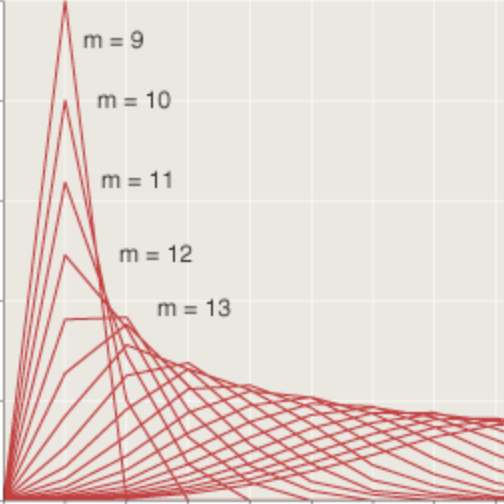Multicore Madness
by Brian Hayes
Published 11 October 2007
The new issue of American Scientist is now available both on the web and on paper. The subtitle of my “Computing Science” column makes the following rash assertion:
Multicore chips could bring about the biggest change in computing since the microprocessor
It’s always wise to be a little skeptical of such superlative claims. In Redmond, Washington, last week, I asked a foreman at a construction site what his big hole in the ground was going to be. He told me that a local software company was building the world’s largest underground parking garage. I have no particular reason to doubt that statement, but I would have been more firmly convinced if he had been able to answer my followup question about where I could find the second-largest underground parking garage.
The assertion in my subtitle doesn’t stand up particularly well to this kind of scrutiny. I really don’t want to be asked about the second-biggest change in computing in the past 30 years. But I hope my readers will forgive or overlook my moment of impetuous hyperbole and accept the broader point that the shift to dual-core and quad-core (and eventually many-core) processors really is going to make a difference in how computers work. We’ve seen decades of research on parallel processing and concurrency, but through it all the mainstream of computing has remained steadfastly single-minded. It looks like that’s finally going to change.
Responses from readers:
Please note: The bit-player website is no longer equipped to accept and publish comments from readers, but the author is still eager to hear from you. Send comments, criticism, compliments, or corrections to brian@bit-player.org.
Publication history
First publication: 11 October 2007
Converted to Eleventy framework: 22 April 2025




I have only once in recent memory asked a construction worker what he was building. The answer? the world’s largest hotel. Maybe all these construction guys are trained to say they’re building the world’s largest something-or-other :)
Your subtitle is definitely hyperbole. But meh, hyperbole makes good copy. We all do it.
I don’t see multi-core as a big deal myself. Most end-users already have way more CPU cycles than they need. Video playback takes up what, 5% of CPU?
The real success story of parallelism is mapreduce and other server-farm techniques, which you mention; and those have nothing to do with multi-core.
I agree with randomwalker. Distributed computing will be a big deal. Multi-core, not so much.